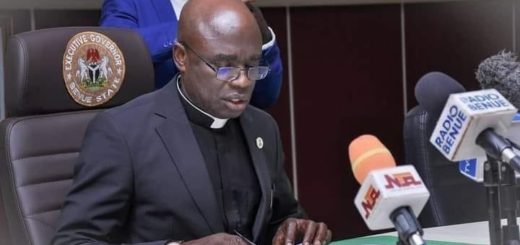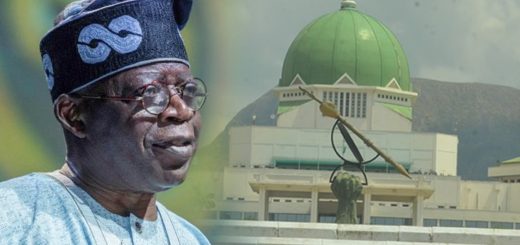Supreme Court Voids Reinstatement of Deposed Emir Jokolo Over Legal Flaw
 In a pivotal ruling delivered on Wednesday, the Supreme Court nullified the reinstatement of Al-Mustapha Jokolo as the 19th Emir of Gwandu, declaring that his lawsuit was filed without observing required legal protocols.
In a pivotal ruling delivered on Wednesday, the Supreme Court nullified the reinstatement of Al-Mustapha Jokolo as the 19th Emir of Gwandu, declaring that his lawsuit was filed without observing required legal protocols.
By a narrow 3–2 majority, the apex court concluded that Jokolo, who was deposed in 2005 under controversial circumstances, failed to follow the proper legal steps before approaching the courts. Specifically, he did not file a formal complaint with the governor of Kebbi State—a prerequisite mandated by Section 5(4) of the state’s Chiefs (Appointment and Deposition) Law.
Justice Emmanuel Agim, who delivered the lead judgment, emphasized that while citizens can seek redress through the courts, the law demands that traditional leadership disputes must first pass through administrative resolution channels. “This suit was filed prematurely,” Justice Agim declared, stressing that the failure to notify the governor rendered the case legally incompetent.
Jokolo’s legal battle began in 2014 when the Kebbi State High Court ordered his reinstatement—a decision later upheld by the Court of Appeal in Sokoto in 2016. However, both the Kebbi State Government and the current Emir, Alhaji Muhammadu Ilyasu-Bashar, challenged those rulings at the Supreme Court.
In a move prompted by the upcoming Eid-el-Kabir holidays, the court brought forward its judgment from June 6 to June 4.
Ultimately, the Supreme Court ruled that the lack of a pre-action notice stripped the lower courts of jurisdiction. It overturned their decisions without awarding any costs. Justice Agim stated that the trial judge “deprived the court of jurisdiction” by hearing the case without this essential procedural step.
Justice Ibrahim Salami offered a dissenting opinion, backing the decisions of the lower courts and insisting that the governor was still bound by due process in any deposition.
The court consolidated four appeals and two cross-appeals into a single judgment, binding all parties to its final ruling.













